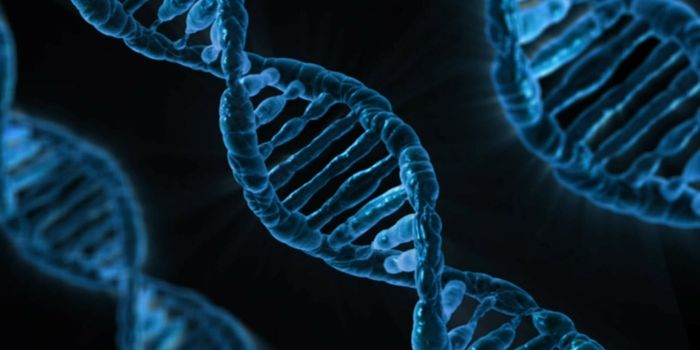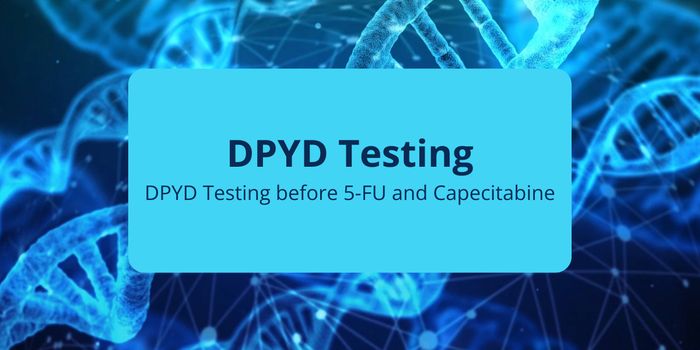Unlocking Autism with a Single Gene?
Researchers from the University of California, San Francisco have determined strong and consistent association between autism and the gene SCN2A. Depending on whether mutations in the gene increase the protein’s function or disrupt it, a patient can develop infantile epilepsy or autism spectrum disorder.
The search for genetic risk factors related to autism has been ongoing, aided heavily by the use of whole-exome genome sequencing in recent years. Prior screening studies identified 65 genes that had a strong connection with autism when mutated. One of these was SCN2A, among the first genes discovered by whole-exome sequencing to be associated with autism.

“The genetics of neuropsychiatric disease is often complicated, but here we have a single gene in which specific mutations can cause either infantile seizures or autism in a consistent and predictable manner,” said Stephan Sanders, MD, PhD, an assistant professor of psychiatry at UCSF and member of the UCSF Weill Institute for Neurosciences.
Most of the ASD-associated genes discovered are related to either chromatin regulation or synapse structure. SCN2A is unique in that it encodes the sodium ion channel NAV1.2, which is primarily expressed in axons. Genetic variants of SCN2A have also been previously implicated in infantile seizures.
A collaboration between Stephan Sanders and Kevin Bender, PhD, an assistant professor of neurology at UCSF has resulted in an in-depth look at SCN2A and how various mutations create protein variants that lead to autism.
The team examined 12 SCN2A mutations to figure out how they altered electrical properties of the sodium channels in human cell lines. Using bioinformatics, electrophysiology, and compartmental modeling to test the SCN2A variants and how they affect the sodium channels, the group found that most mutations linked to autism were de novo missense mutations that blocked channel conductance. In comparison, most mutations associated with infantile seizures were gain of function mutations causing rapid firing between neurons.
“It was remarkable to see how consistently neuronal function was disrupted by these different mutations seen in patients with autism," said Roy Ben-Shalom, PhD, a post-doctoral researcher in the Bender lab and lead author on the paper, published in Biological Psychiatry. “The mutations all affected the channel in slightly different ways, but they ended up affecting neurons in almost exactly the same way.”
Regardless of the missense mutation location, all ASD-associated variants impaired neuronal excitability. The findings support earlier assertions that ASD is the result of disruption of early brain development caused by persistent neuronal dysfunction. Based on the exome sequencing analysis, it appears SCN2A mutations occur in more patients tested than any other gene. The team concluded that SCN2A has the strongest ASD association of any gene discovered by exome sequencing, and is the most frequent single gene contributor to ASD, after Fragile X mutations.
Sources: UCSF News, Biological Psychiatry








